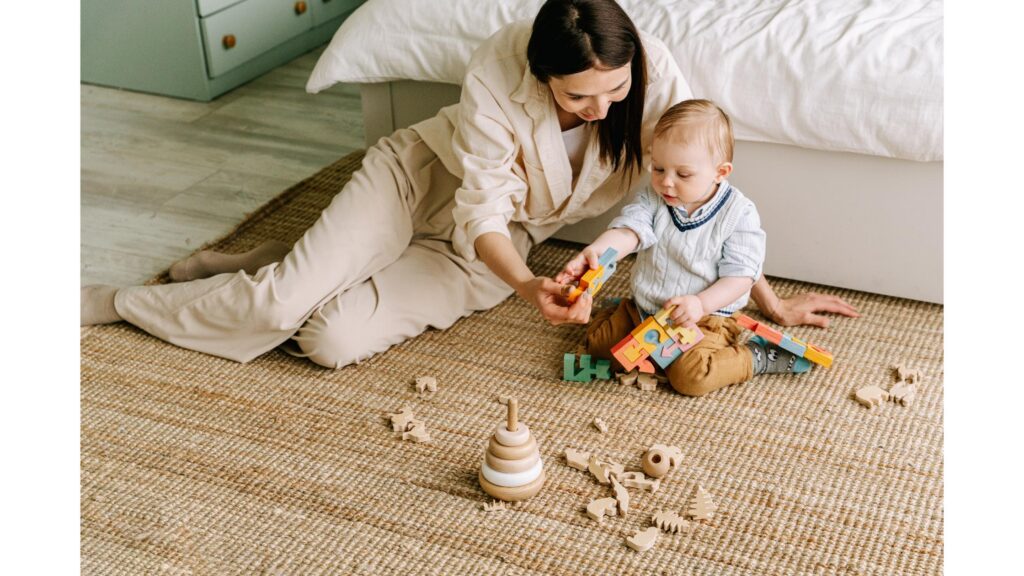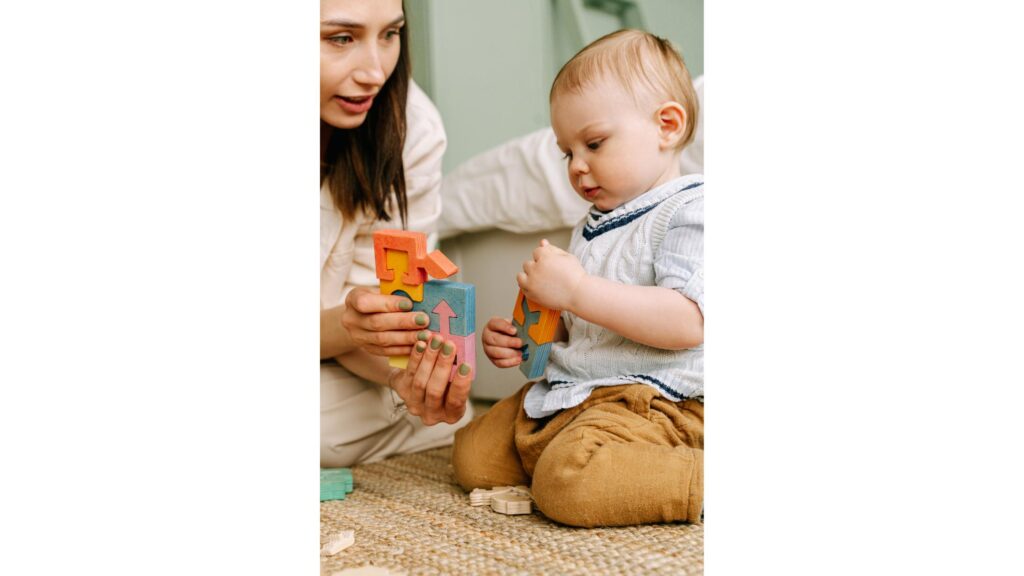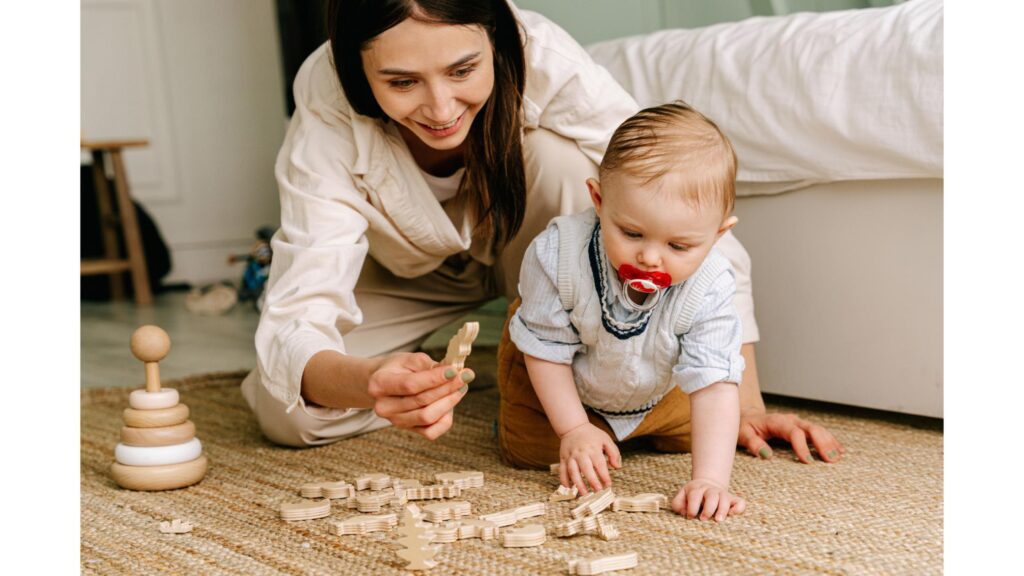Your baby's start to talk is directly related to the development of his/her language and communication skills. Each baby starts talking at a different rate individually, so the expectation of starting to talk at a particular age cannot be pinpointed. However, babies generally begin to engage in speech between the ages of 6 and 12 months.

Language development
In the first months, babies develop their language skills by listening to and trying to understand the sounds around them. During this period, babies can imitate their mother and father's speech, smile, and make some babysitter-like sounds. They often use non-linguistic methods such as crying and giggling to communicate.
At about 6 to 9 months old, babies begin to imitate simple words such as “mama” and “daddy.” During this period, interacting with your baby to repeat the sounds he hears is important to support his language skills. Naming objects, singing songs and telling stories can contribute to language development.
Between 9 and 12 months of age, your baby may begin to speak words that he or she does not yet fully understand. For example, it may use some repeated sounds or words to express something you want or want when you show it a certain thing. During this period, trying to understand your baby's speech and responding with the right words helps him develop his language skills.
Between 12 and 18 months, babies begin to expand their vocabulary and begin to use more understandable words and shorter sentences. They begin to better understand the things they want to express and can follow complex instructions.
During this period, it is important to talk to your baby frequently, read books, sing songs and play games with him to support his language development. Naming objects and actions in daily routines can also be effective to encourage language skills.
Remember that every baby is individual and begins to talk at his own pace.
Some babies start talking at an early age, while others may start later. This is normal variability and does not cause concern. If you're concerned about your baby's speech skills, talking to a child development specialist can provide you with more information and guidance.
Between 18 and 24 months, babies further expand their vocabularies and can make sentences more complex. As their grammar and communication skills improve, they express themselves better. Around age two, some babies can tell short stories and name colors, numbers, and objects.
During this period, continue to actively communicate with your baby to support his speech abilities. Asking him questions, talking to him, playing language games and reading interactive stories play an important role in improving his language skills.
Children between the ages of 2 and 3 generally use more fluent and complex sentences. They begin to understand the information they hear and combine this information with their own experiences. Their vocabulary expands rapidly and their ability to express objects, events and emotions increases.
During this period, it is important to talk to your child constantly, read books and stories that suit his interests, and ask and answer questions to support his speech skills. You can also strengthen his speaking skills by engaging him in social interactions and giving him opportunities to communicate with others.

Here are 10 game suggestions you can use to encourage babies to talk earlier:
- Word Cards: You can teach your babies vocabulary by using cards with pictures of simple objects or animals. Show the cards, say their names, and encourage your baby to imitate you.
- Songs and Rhymes: Singing songs and reading nursery rhymes with your baby can be effective in strengthening language skills. Rhythmic songs and nursery rhymes help your baby understand language rhythm and stress.
- Pretend Play with Toy Animals: By playing pretend games with different toy animals, you can stimulate your baby's imagination and help him name different objects.
- Object Recognition: Encourage your baby to recognize objects in his environment. For example, point to objects in the house and say their names and have your baby imitate them.
- Mirrored Books: You can attract your baby's attention by using colorful and interesting mirrored books. Mirrored pages can encourage your baby to say his name when he sees himself.
- Name Games: Use your baby's name and the names of other family members often. Repeat names in simple sentences like “This is your doll friend Lily.”
- Word Matching Games: You can play a simple game that will help your baby match words and objects. For example, point to a buckle by saying “Buckle” and encourage your baby to say the word “buckle.”
- Communicating: Try to communicate with your baby by making eye contact and using facial expressions. Follow his smiles and reactions, repeating words or sounds along the way.
- Books with Content: Choose picture books appropriate to your baby's age and read them with him. Say the names of objects by moving your finger over the pictures or pointing at them.
- Sound Games: You can attract your baby's attention by making different sounds.

The process by which your baby begins to talk is individual and may vary for different babies. To support your baby's language skills, it is important to be in constant communication with him, provide him with the right models and encourage his language development. If you have concerns, consulting with a professional can provide you with further guidance.






















